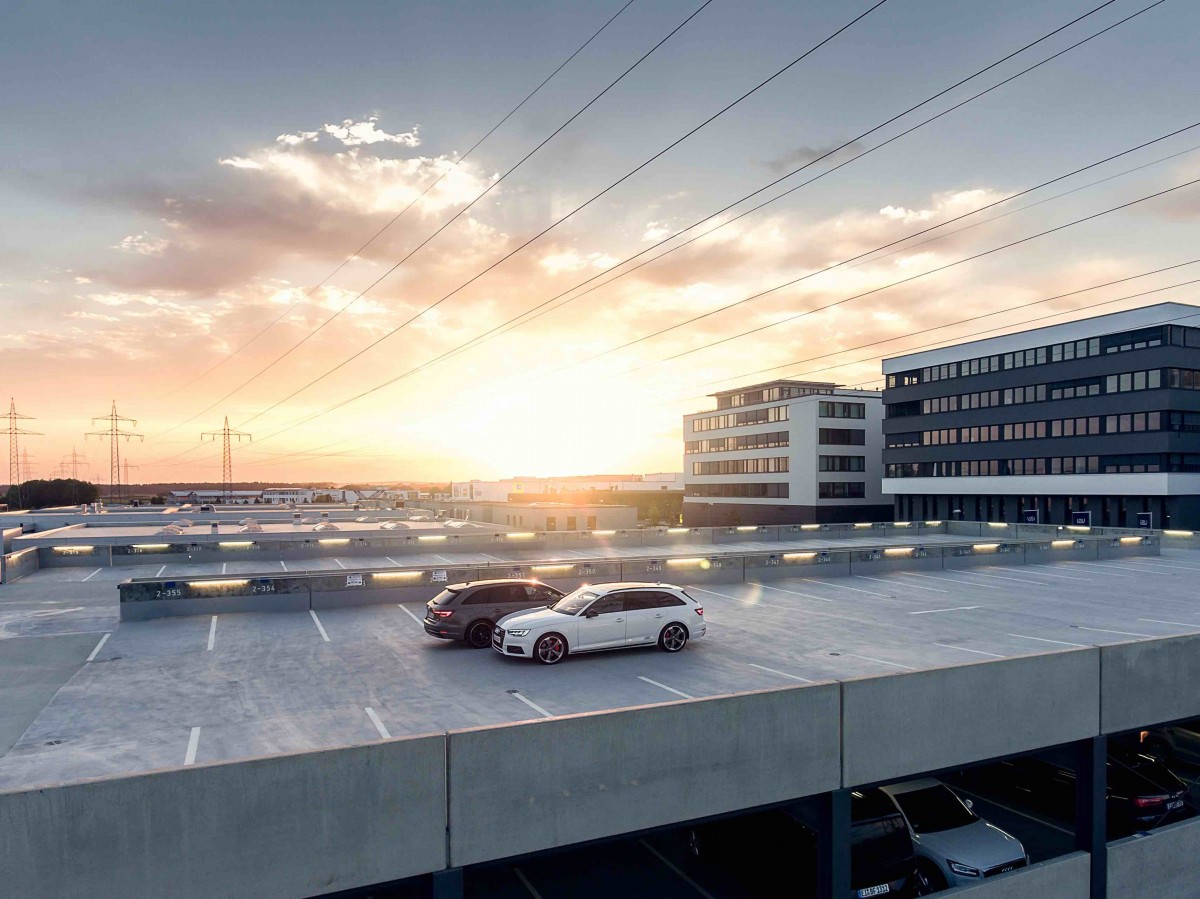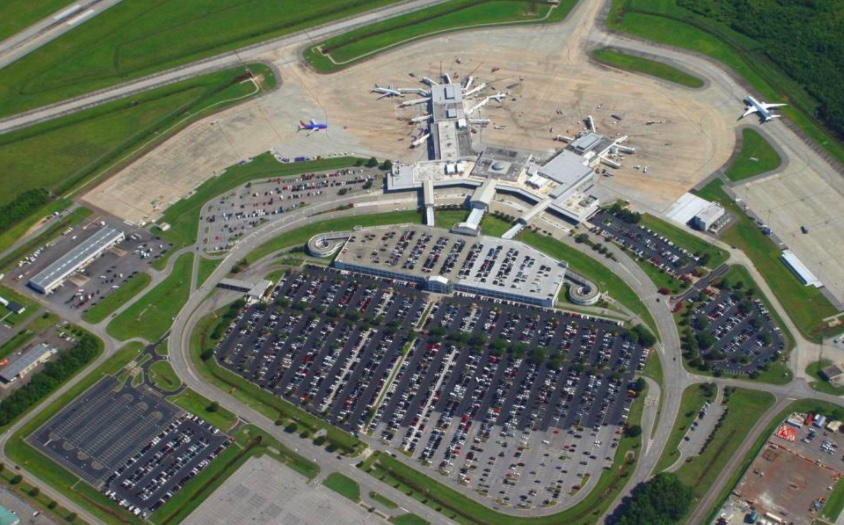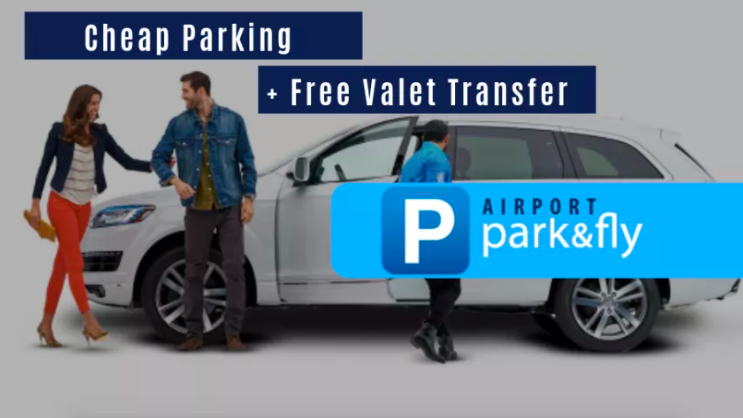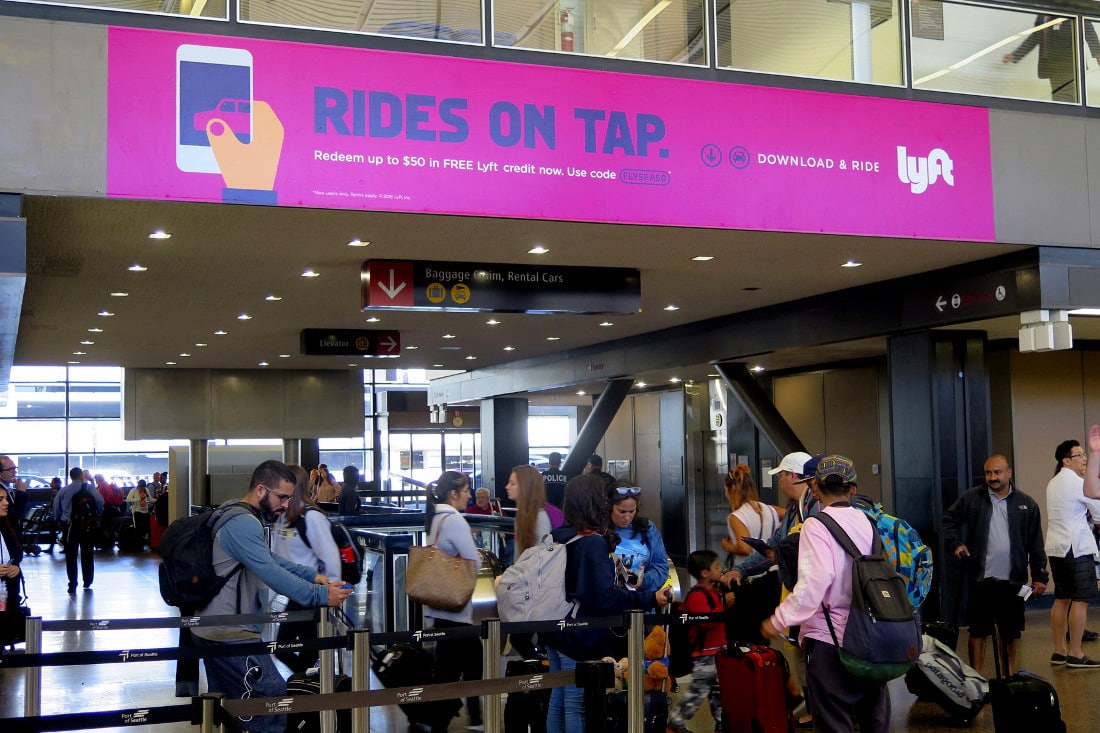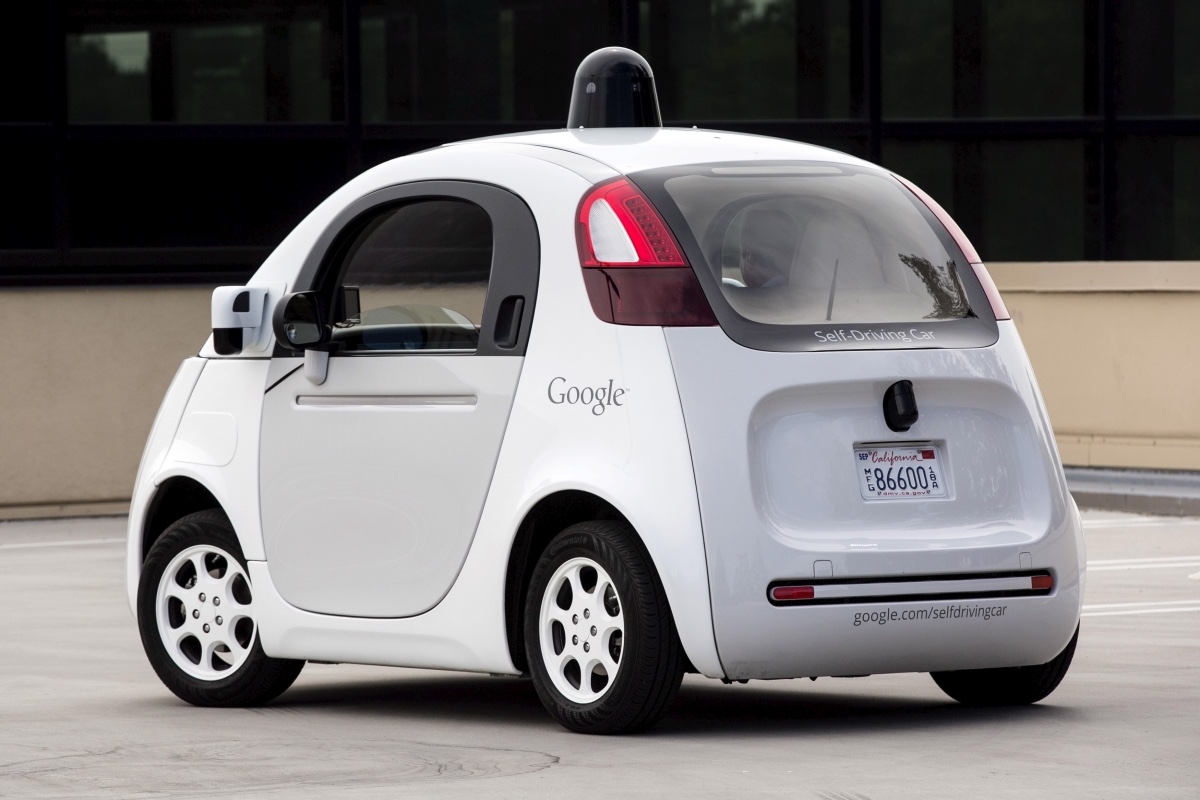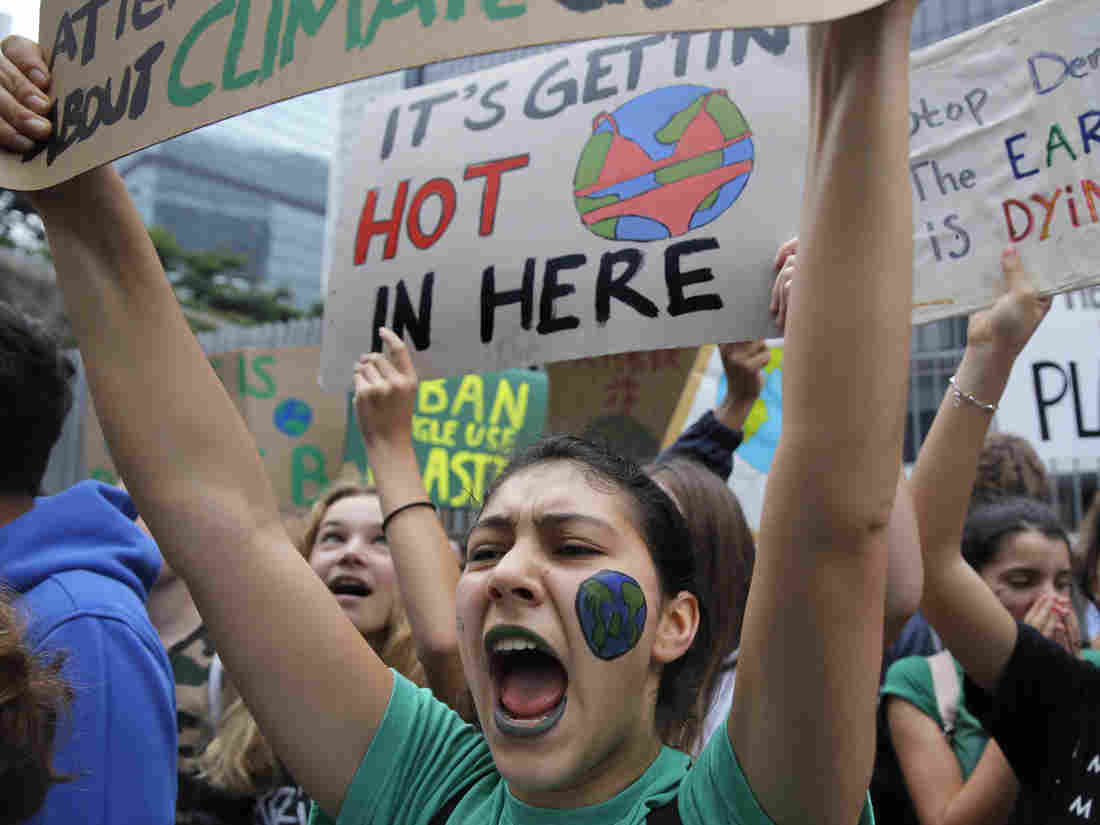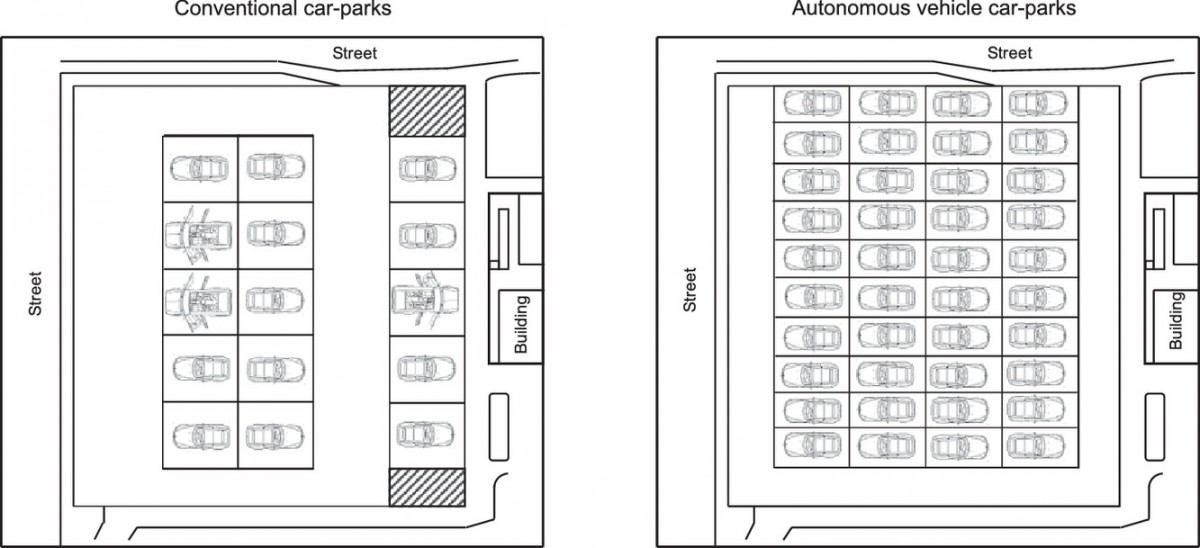Climate change
The environmental ethics of driving has become a polarizing political topic. Urban voters are pressuring their elected officials to discourage car use—for example by raising tolls and gas prices—and to invest in mass transit and alternative fuel sources. People living in rural areas see these measures as threats to their livelihood, and as an attack on their way of life. Suburban folks are caught somewhere in between—as are airports. Moving forward, airports will need to serve customers who want convenient car access, while at the same time demonstrating a commitment to sustainable alternatives.
So what’s the upshot for airports?
I recently interviewed the CEO of a clothing company about the impact of e-commerce. Is traditional retail dead?, I asked. “No,” she answered. “bad retail is dead. Customers are either buying based on price, or based on the high-quality experience that you offer them. All the mediocre, mid-range products in between won’t survive.”
The same can be said of parking. Premium parking—with perks like curbside valet drop-off—will undoubtedly continue to be favored by well-heeled customers. Similarly, cheap off-airport parking will likewise continue to thrive. But everything in-between—like a dingy garage that’s poorly connected to the terminal, and where you have to wait in line to pay—is likely to become a thing of the past.
How can airports engage with this paradigm shift? Smart airports start by focusing on their customers. That’s because they understand that disruptions in the automobile industry will not affect all airports in the same way. Airports whose customers live in dense cities, are tech-savvy, and use a mix of public and private transport in their daily lives will be at the forefront of change. On the other hand, airports in suburban and rural areas—where customers skew older and car ownership is the norm—will likely see continuing demand for traditional parking and car rental services.
